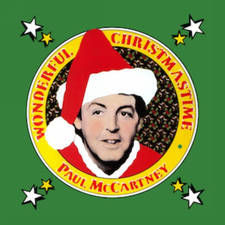Rail Fare Increases
2 January 2014, 10:54 | Updated: 2 January 2014, 10:57
Commuters into London face further fare rises from today, leaving commuters angry at the lack of value for money.
victoria station On the trains there is an average 2.8% rise in the price of a season train ticket. Annual Season tickets are going up by an average of 3.1%.
Those are both regulated fares, the increase on unregulated fares - typically off-peak leisure tickets - is not capped.
The regulated fare increase pushes some commuters into the £5,000-a-year "club", with annual season tickets to London from Deal and Dover Priory costing £5,012.
Some annual season tickets will break the £4,000 mark, with a Basingstoke-London annual fare now costing £4,076.
The Mayor of London confirmed last month that TfL would be increasing tube and bus fares by an average of 3% - in line with inflation.
The changes mean most Oyster Pay As You Go fares for the tube, DLR and Overground have been frozen at current prices but Travelcards will go up by an average of just over 4%, meaning a zones 1-3 weekly travelcard will cost £1.35 extra from January.
A seven-day bus pass is going up by 80p to £20.40.
Speaking when the increases were announced Boris Johnson said the 'real terms freeze in fares' is designed to help families struggling with the cost of living.
"This package, which has been made possible by the continuing delivery of efficiencies across TfL, ensures that fares remain affordable and that we have the level of funding we need to continue to improve the network and deliver even better, more frequent services for everyone," the Mayor said.
"I know that families and working Londoners who have helped the drive the economic recovery still face real pressure over the cost of living and so I've decided to keep fares in line with RPI and therefore freeze them in real terms for next year."
Campaigners say the rises are three times more than average wage increases.
Transport minister Stephen Hammond says that is still lower than previous years.
"We want to do better and we will continue to work harder to ensure that the railways are more efficient, they offer value for money. It is the first time in a decade that rail fares have only gone up by inflation. People will expect to turn up at a railway station, find their train is there on a regular and frequent basis. They want to feel their service is value for money."
However commuters in London don't feel that is the case.
"It's a lot of money for a poor service," said teacher Simon Jones, 30, as he waited to board a train at Kings Cross.
"Fares are pretty high. My salary has just gone up 1% but fares are rising around 3%. There are delays on practically every day.
"We're not really getting value for money. At Clapham Junction you can hardly get on a train."

